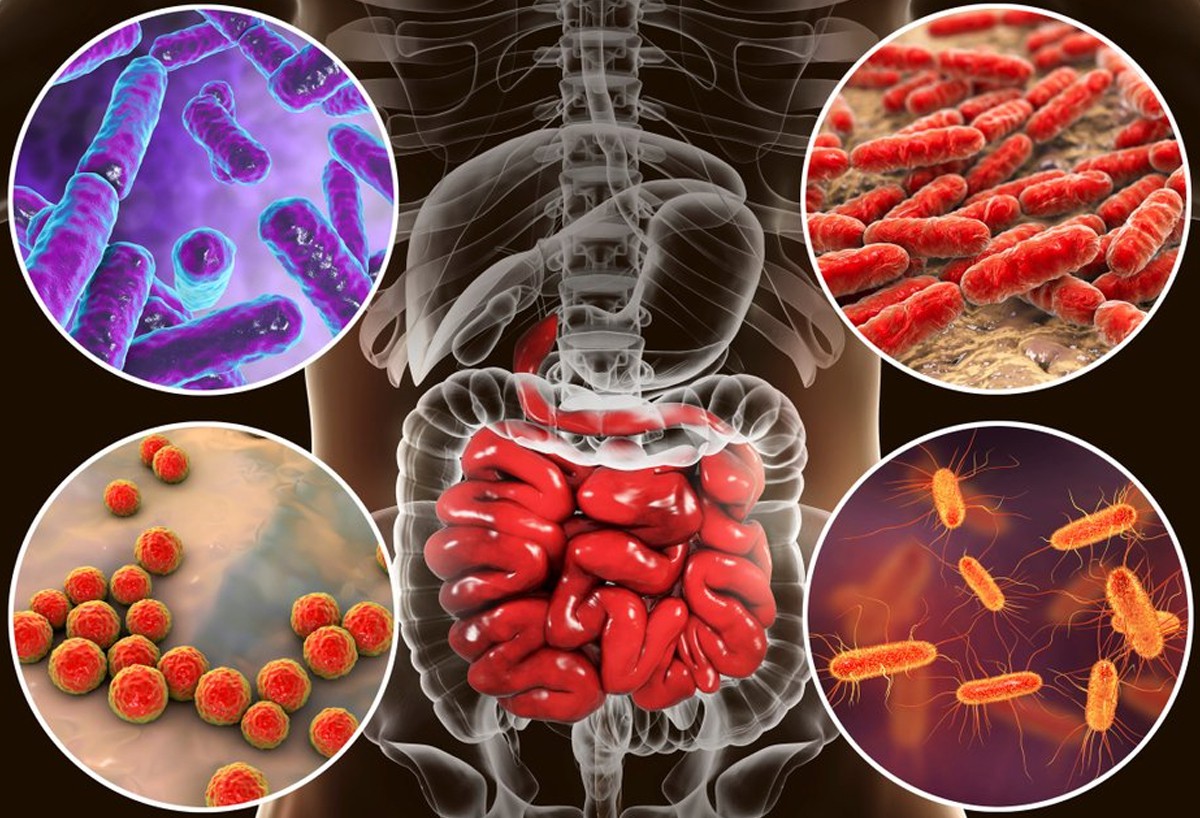
The theory of adequate rational nutrition is a further development and expansion of the concept of balanced nutrition
One of the main postulates of the new theory is the basic position of a balanced diet: nutrition maintains the molecular composition of the body, provides its energy and plastic needs. In addition to the theory of balanced nutrition, the new theory pays special attention to the role of the microflora of the digestive tract. Its most important component is the concept of internal ecology, or endoecology, of a person.
The new theory of nutrition connects the process of nutrition not only with the flow of useful nutrients from the digestive tract into the internal environment of the body, but takes into account three more fundamentally important flows:
The first flow is regulatory substances (hormones and hormone-like compounds) that occur in endocrine cells and the contents of the intestines.
The second stream is secondary useful food compounds formed from ballast substances under the influence of the bacterial flora of the intestines.
The third stream is toxic compounds formed from the toxic components of the food itself, the products of human activities, such as pesticides, as well as the toxic waste products of bacteria in the intestines.
According to the theory of adequate nutrition, ballast substances are an evolutionarily important component of food necessary for the normal functioning of the digestive system of the body as a whole.
Thus, the theory of adequate nutrition, an integral part of which is the theory of balanced nutrition, significantly changes many fundamental ideas in various fields of biology and medicine. It allows you to re-evaluate the applied aspects of science, in particular questions about the benefits and rationality of growing crops.
